Penny Dreadful Is Proving that Misandry in Feminism Can Be Fun
Inverse

A brief primer, for those unfamiliar with Penny Dreadful: the show takes place in a fictional Victorian London where gothic creatures of the night exist, seances abound, and famous literary characters (Victor Frankenstein, Dorian Gray) mingle with original characters.

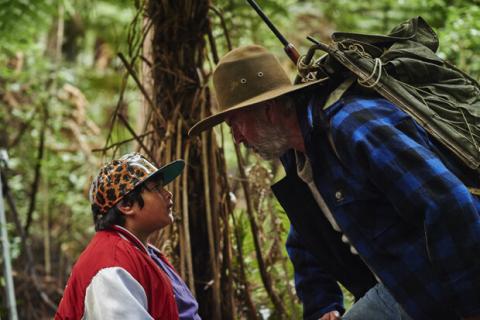
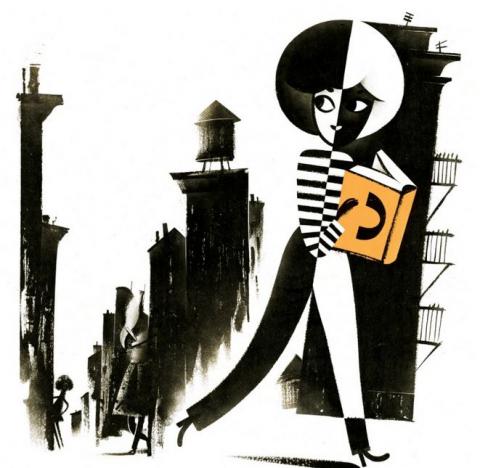
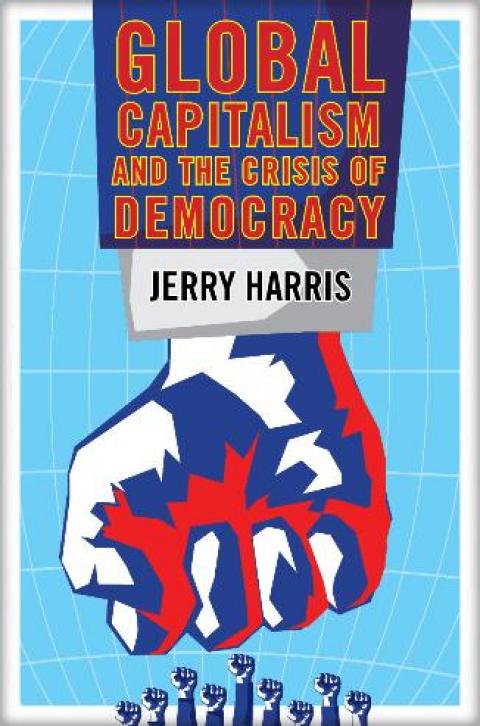
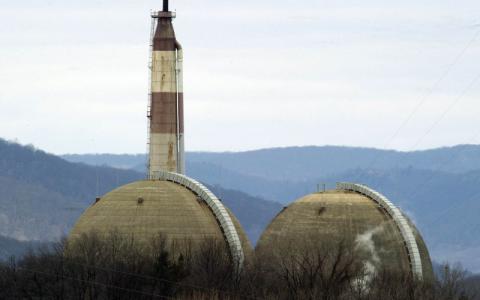


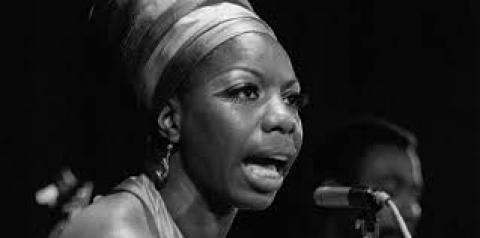
Spread the word